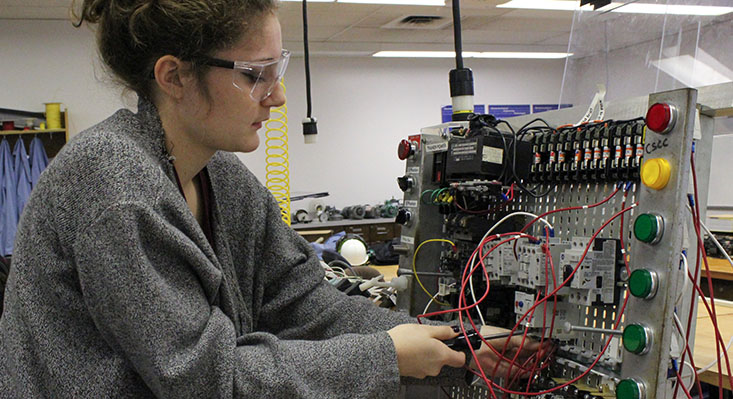In today's rapidly evolving automotive industry, the role of an auto electrical engineer has become increasingly crucial. With the advent of electric vehicles and the integration of advanced electronic systems, these engineers play a pivotal role in designing, developing, and maintaining the electrical systems that power modern automobiles. This article aims to delve into the responsibilities, skills, and importance of an auto electrical engineer, shedding light on their indispensable contributions to the automotive sector.
- Understanding the Role:
An auto electrical engineer is a highly skilled professional responsible for designing, testing, and troubleshooting electrical systems in vehicles. They specialize in the integration of electrical and electronic components, ensuring the seamless operation of various systems such as powertrain, infotainment, safety, and more. These engineers possess a deep understanding of automotive electronics, electrical circuits, and computer systems. - Key Responsibilities:
a. System Design and Integration: Auto electrical engineers are involved in the design and integration of electrical systems, ensuring compatibility, efficiency, and reliability. They collaborate with other engineering teams to develop comprehensive electrical architectures that meet safety and performance standards.
b. Component Selection and Testing: These engineers meticulously select electrical components, such as wiring harnesses, sensors, actuators, and control modules, based on technical specifications and industry standards. They conduct rigorous testing to ensure optimal functionality and durability.
c. Troubleshooting and Diagnostics: When electrical issues arise, auto electrical engineers employ their expertise to diagnose and resolve problems efficiently. They utilize diagnostic tools, software, and their in-depth knowledge to identify faults and implement effective solutions.
d. Safety and Compliance: Ensuring the safety and compliance of electrical systems is a critical responsibility of auto electrical engineers. They adhere to industry regulations, such as ISO standards, and conduct thorough risk assessments to mitigate potential hazards.
- Essential Skills and Qualifications:
a. Proficiency in Electrical Engineering: Auto electrical engineers possess a strong foundation in electrical engineering principles, including circuit analysis, power electronics, and control systems. They stay updated with the latest advancements in automotive electrical technologies.
b. Knowledge of Automotive Systems: A comprehensive understanding of automotive systems, including engine management, hybrid/electric propulsion, and vehicle dynamics, is essential for auto electrical engineers to design integrated electrical solutions.
c. Problem-Solving and Analytical Skills: These engineers excel in problem-solving, utilizing analytical thinking to diagnose complex electrical issues and develop innovative solutions. They possess a keen eye for detail and a systematic approach to troubleshooting.
d. Communication and Collaboration: Auto electrical engineers work closely with cross-functional teams, including mechanical engineers, software developers, and designers. Effective communication and collaboration skills are vital for seamless integration and project success.
- The Future of Auto Electrical Engineering:
As the automotive industry continues to embrace electrification and autonomous technologies, the role of auto electrical engineers will become even more critical. These professionals will be at the forefront of developing advanced electrical architectures, integrating artificial intelligence, and ensuring the safety and reliability of next-generation vehicles.
Conclusion:
In the dynamic landscape of the automotive industry, an auto electrical engineer plays a pivotal role in shaping the future of transportation. Their expertise in designing, integrating, and troubleshooting electrical systems is indispensable for the development of safe, efficient, and technologically advanced vehicles. By staying abreast of the latest advancements and continuously honing their skills, auto electrical engineers contribute significantly to the evolution of the automotive sector.
